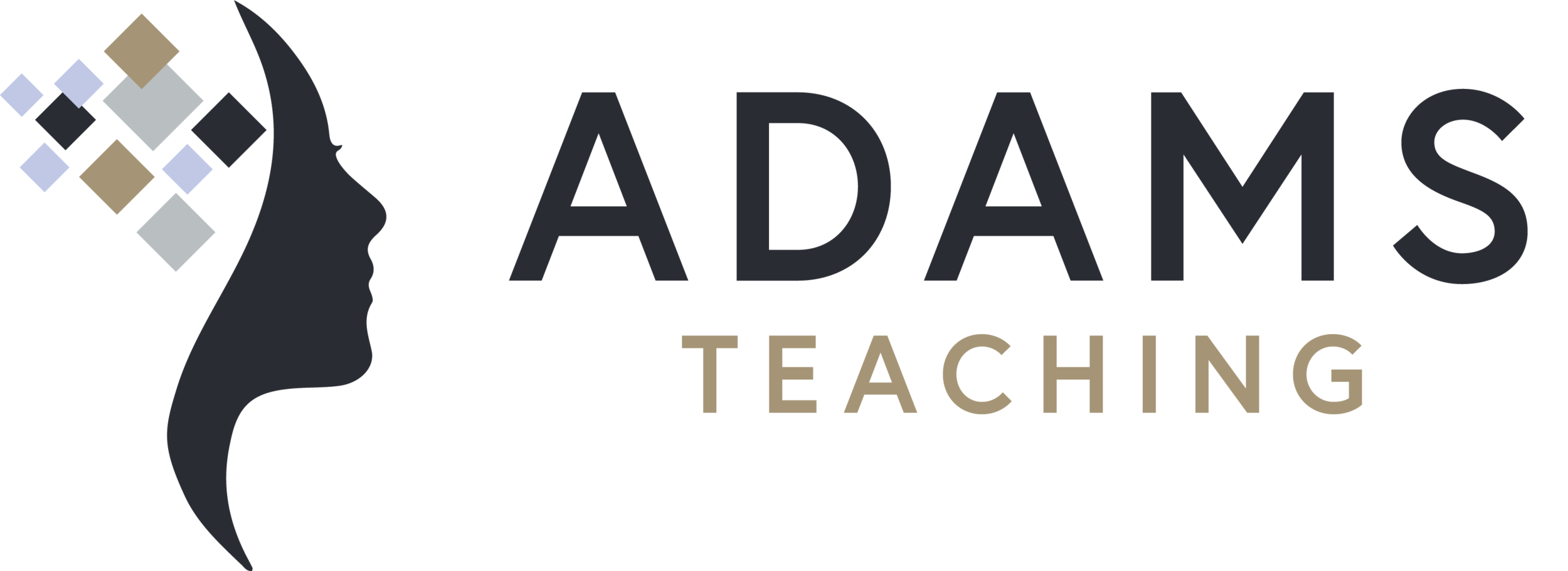Increase Critical Thinking & Accountability Through Strategic Questioning-In Other Words-"Put Your Hand Down Child!"
To promote critical thinking in your classes, do not ask a question that only one student answers. Hand-raising that leads to only 1-2 students answering a question actually increases the achievement gap in the classroom.
It is not uncommon for a teacher to ask up to 100 questions during a fifty minute class period. Half of them will be answered by the teacher, another 1/4 will be answered by the same few students and the last ones will not be answered as they are often rhetorical.
This rapid-fire oral questioning is an ineffective practice; it establishes the idea that only a few in class will be held accountable for the critical thinking needed to process the answer, thus allowing cognitive coasting to occur among the majority of students.
In short, don't ask a question unless it is important enough for ALL students to answer.
But how can a teacher engage all students all the time? Consider this strategic questioning technique:
*Pause every few minutes and pose a question to your students
*Allow them one minute to think and write a response (provide a sentence starter if needed)
*Give them one minute to turn and share with a partner
*Have them write their partner's answer down
*THEN pull popsicle sticks or ask for a few to volunteer a response
This process engages students' writing, listening, speaking and critical thinking skills and holds them accountable for engaging in your lesson.
To enhance listening and accountability even more, after writing the first partner's answer down, have students then turn to another partner and share the first partner's response. This further increases active listening skills by requiring students to share their partner's answer with another, and it also lowers the affective filter (Krashen) as they are not sharing their personal opinion.
This simple technique resets students' attention span clock and promotes deeper comprehension, retention and accountability for learning throughout your lesson. Julie Adams, Adams Educational Consulting, effectiveteachingpd.com
